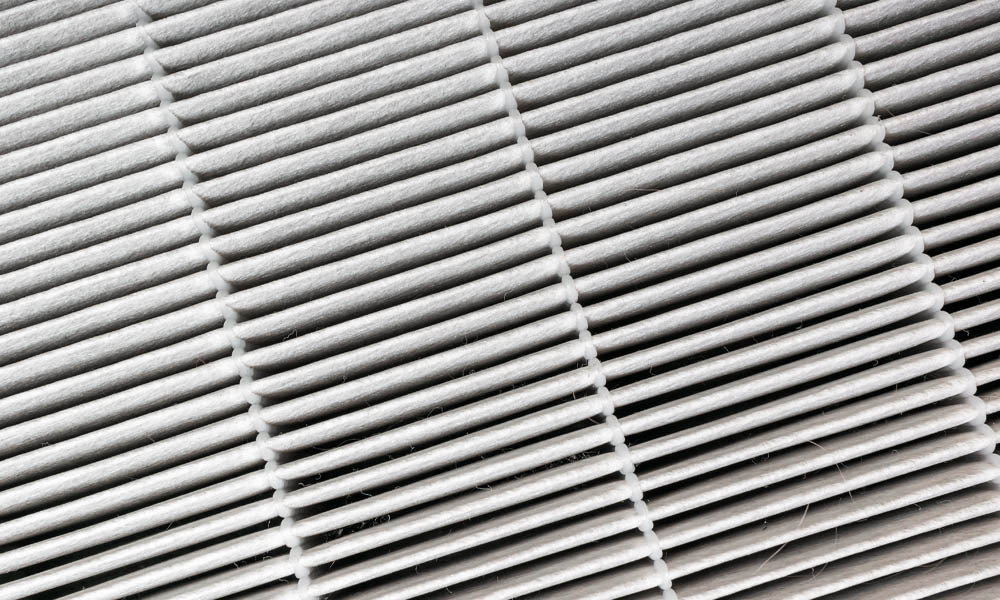Maintaining your HVAC system involves more than just occasional servicing; it's about understanding the components that keep your air clean and your system efficient. One crucial component is the HVAC filter. Here, we delve into the lifespan of various types of HVAC filters and guide you on when it's time to replace them, ensuring optimal performance and air quality.
The Role of HVAC Filters
HVAC filters are designed to trap dust, pollen, pet dander, and other airborne particles, preventing them from circulating in your home or office. This not only helps in maintaining air quality but also protects your HVAC system from dust buildup, which can reduce efficiency and lifespan. For a curated selection of HVAC filters tailored to different needs, visit our Top Picks at RememberTheFilter.com.
Types of HVAC Filters and Their Lifespan
1. Fiberglass Filters
Fiberglass filters are the most basic and economical type. They usually have a lower MERV rating, suitable for basic filtration:
- Lifespan: 1-3 months
- When to Replace: When they appear dirty or clogged, which can be more frequent in dusty environments or homes with pets.
2. Pleated Filters
Pleated filters offer better filtration due to their larger surface area and higher MERV ratings, making them more efficient:
- Lifespan: 3-6 months
- When to Replace: When the pleats are visibly dirty or when airflow seems reduced. High-efficiency pleated filters might need replacement closer to the 3-month mark.
Explore our range of pleated filters for enhanced filtration.
3. Electrostatic Filters
These filters use static electricity to attract particles, offering good efficiency without the need for frequent replacement:
- Lifespan: 6-12 months
- When to Replace: When they no longer attract dust efficiently or when cleaning them becomes less effective. Some are washable, extending their use.
4. HEPA Filters
High-Efficiency Particulate Air (HEPA) filters are the gold standard for air purification, capturing 99.97% of particles as small as 0.3 microns:
- Lifespan: 1-2 years
- When to Replace: When airflow decreases significantly or when recommended by the manufacturer. They are often used in specialized environments like hospitals or homes with severe allergies.
5. Washable/Reusable Filters
Designed for longevity, these filters can be cleaned and reused:
- Lifespan: 5-10 years
- When to Replace: When cleaning no longer restores efficiency or if the filter shows signs of wear or damage.
Factors Influencing Filter Lifespan
- Air Quality: In areas with high pollution or dust, filters might need more frequent replacement.
- Usage: Homes or facilities with constant HVAC operation will see quicker filter saturation.
- Occupants: More people, pets, or activities like smoking or cooking can shorten filter life.
- HVAC System: The type and efficiency of your HVAC system can affect how quickly filters become dirty.
Signs It's Time to Replace Your Filter
- Visible dirt or dust accumulation on the filter.
- Reduced airflow from vents.
- Increased energy bills, indicating the system is working harder.
- Worsening indoor air quality, noticeable through dust or allergens in the air.
Conclusion
Understanding the lifespan of your HVAC filters is key to maintaining both your health and the efficiency of your heating and cooling system. Regular replacement according to the type of filter and environmental conditions ensures that your system runs smoothly, providing clean, healthy air. For more information on common air filter sizes and to find the perfect filter for your needs, visit our guide on common air filter sizes. Shop our wide selection of HVAC filters to keep your air clean and your system efficient.


Dejar un comentario